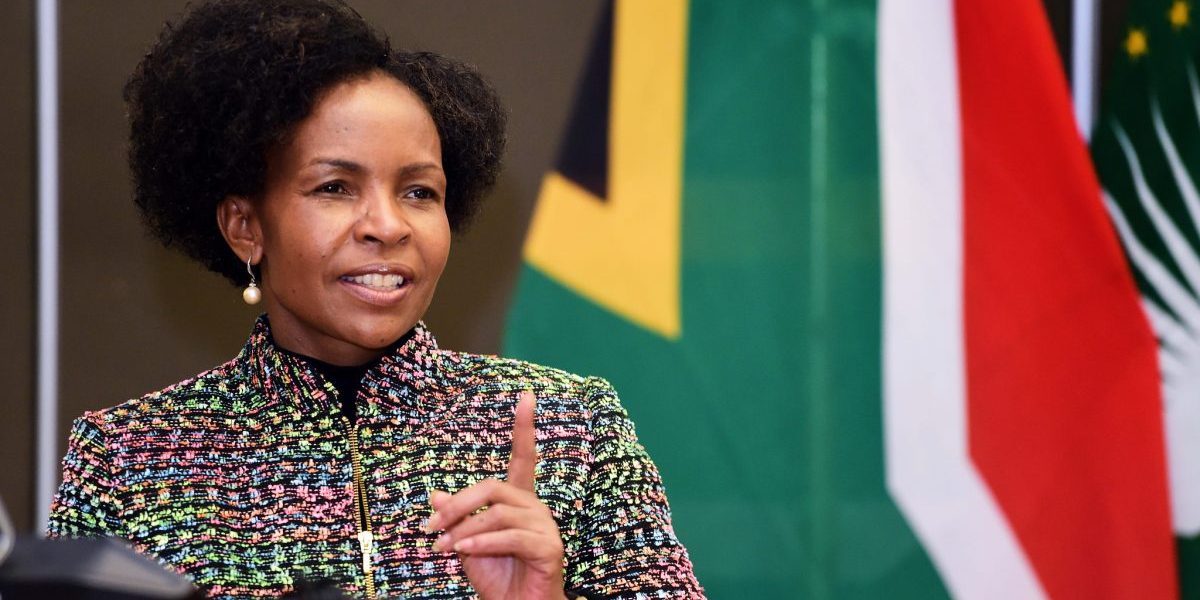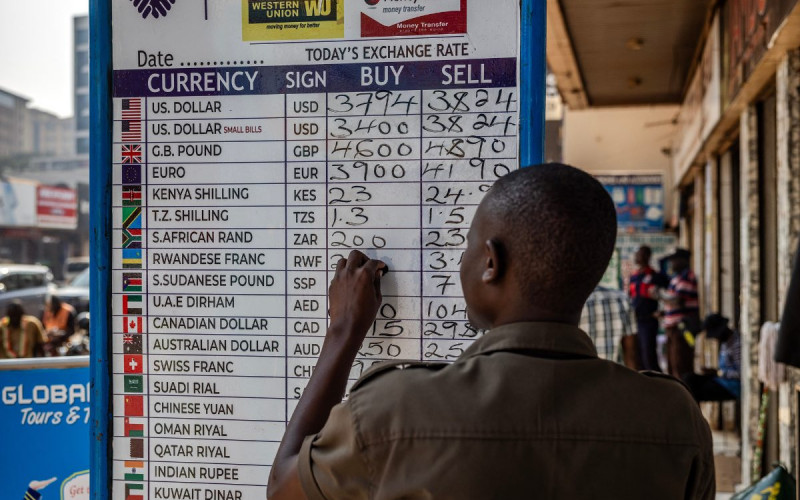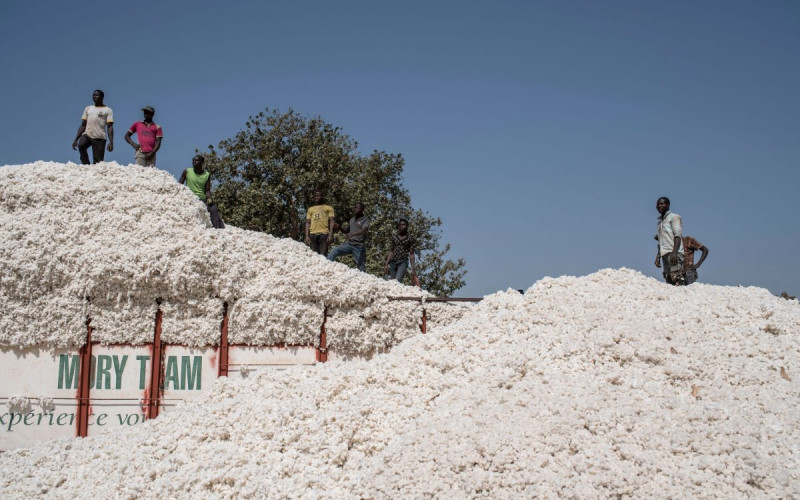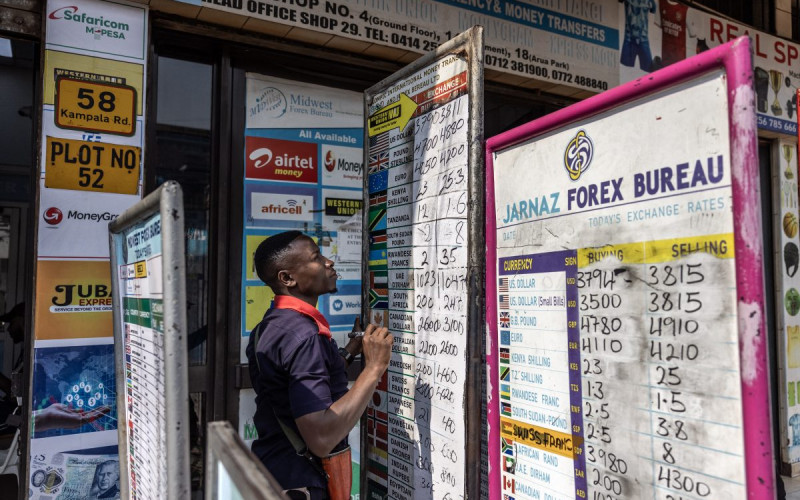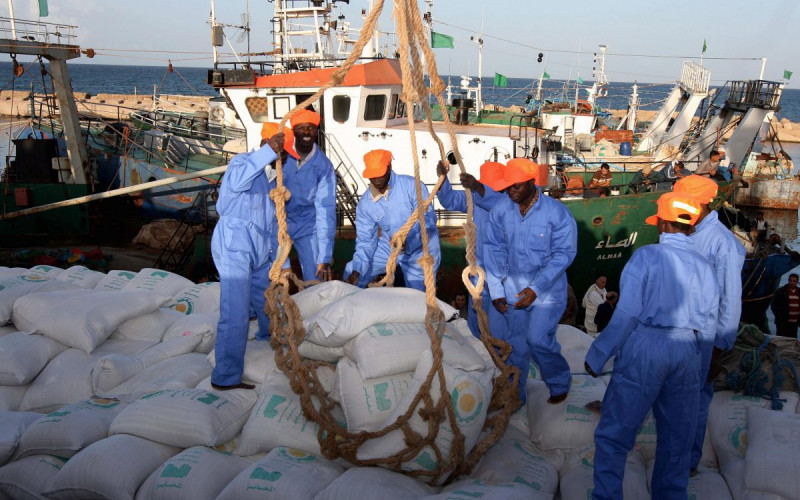Venue: Department of International Relations and Cooperation, Multipurpose Centre, OR Tambo Building, 460 Soutpansberg Road, Rietondale, PRETORIA
Date: 09h00 – 14h00, Tuesday 5th July 2011
Conference Documents:
Summary of the African Economic Outlook [Download.pdf]
Focus on South Africa [Download.pdf]
Africa and its Emerging Partners [Download.pdf]
PROGRAMME
09h00 – 09h30 Registration
09h30 – 09h45 Welcome Remarks
Mmakgoshi Phetla-Lekhethe, Deputy Director General, National Treasury
Richard Young, Head of Development Cooperation, EU Delegation
09h45 – 11h00 Panel 1: African Macro-economic Outlook for 2011
This panel will focus on the macro-economic outlook for Africa, assessing the economic growth of the continent from the onset of the global crisis and looking at how the continent has managed to withstand the pressures of the global crisis and the rebound in 2010. While Africa’s growth seems to be on a steady rise, there have been challenges such as the political uprisings in North Africa as well as the bourgeoning unemployment problem, particularly among the youth. The panel will also discuss the impact of other challenges such as the high food and fuel prices which are likely to derail the continent’s growth by 3.7% in 2011.
Moderator: Elizabeth Sidiropoulos, National Director, SAIIA
Presenter: Professor Mthuli Ncube, Chief Economist, African Development Bank
Discussants: Nii Moi Thompson, Senior Economist, UNDP
Question and answer session
11h00 – 11h30 Tea
11h30 – 12h50 Panel 2: Africa and its Emerging Partners
This session will focus on the theme for the AEO 2011 and discuss the nature of Africa’s engagement with both the traditional and emerging partners and look at how Africa can draw from its experience with traditional partners to maximize the development benefits from the new partnerships. This panel will provide an overview of and also discuss the fears and apprehensions that follow these new partnerships as well as the policy opportunities that Africa should take up with regard to its new partners. The implications of the above will be discussed and recommendations made on how Africa should conduct herself with these partners going into the future.
Moderator: Dr Martyn Davies, CEO, Frontier Advisory
Presenter: Federico Bonaglia, Head of Policy Dialogue Division, OECD Development Centre
Professor Emmanuel Nnadozie, Director: Economic Development and NEPAD Division, UNECA
Discussants: Ambassador Francis Moloi, Chief Director: South Asia, South East Asia, Australasia and the Pacific, DIRCO
Simon Freemantle, Senior Analyst – African Political Economy Unit, Standard Bank
Question and answer session
12h50 – 13h00 Closing remarks
Mmakgoshi Phetla-Lekhethe, Deputy Director General, National Treasury
13h00 – 14h00 Lunch
* This programme is provisional and subject to change.
Venue: Department of International Relations and Cooperation, Multipurpose Centre, OR Tambo Building, 460 Soutpansberg Road,Rietondale, PRETORIA
RSVP: Salvation Andrease
salvation.andrease@saiia.org.za
+27 12 430 2670
Background
The annual African Economic Outlook (AEO) is co-authored by the African Development Bank (AfDB), the OECD Development Centre, the United Nations Development Programme (UNDP) and the United Nations Economic Commission for Africa (UNECA). The 2011 report emphasises that governments’ efforts to include measures to create jobs, invest in basic social services and promote gender equality. This year’s report includes a 51st country note for Zimbabwe, and leaves only two out of the continent’s 53 countries excluded from the study.
The AEO 2011 shows that Africa´s economies have rebounded from the slump which had been caused by the global recession. In 2010, Africa´s average rate of growth amounted to 4.9%, up from 3.1% in 2009. The political events in North Africa are likely to depress the continent’s growth to 3.7% in 2011. However, this forecast is surrounded by considerable uncertainty. Risks are related to the global economy, notably the impact of the earthquake and nuclear crisis in Japan, and to Africa, in particular the development in Libya and Côte d´Ivoire and how this affects neighbouring countries. With the assumption that economic normality returns in these countries, Africa´s average growth is expected to accelerate to 5.8% in 2012. The current economic recovery in Africa is likely to reduce the cyclical component of unemployment, but structural unemployment remains high in many countries.
The theme of this year’s outlook is “Africa and its emerging partners”. Drawing on milestone studies on Africa and South-South relations, this report provides a new insight into Africa’s expanding partnerships after the 2008-09 crisis dramatically shifted the centre of the world’s economic gravity away from OECD members towards the east and south. Africa is benefiting from investment, trade and aid, but also from the macroeconomic, political and strategic advantages that the rise of emerging countries has produced. The AEO 2011 casts new light on the diversity of Africa’s changing relations. China takes centre stage, but other emerging partners together make up a larger share of many of the dealings. Africa’s top five emerging partners are China, India and Brazil along with Korea and Turkey.

